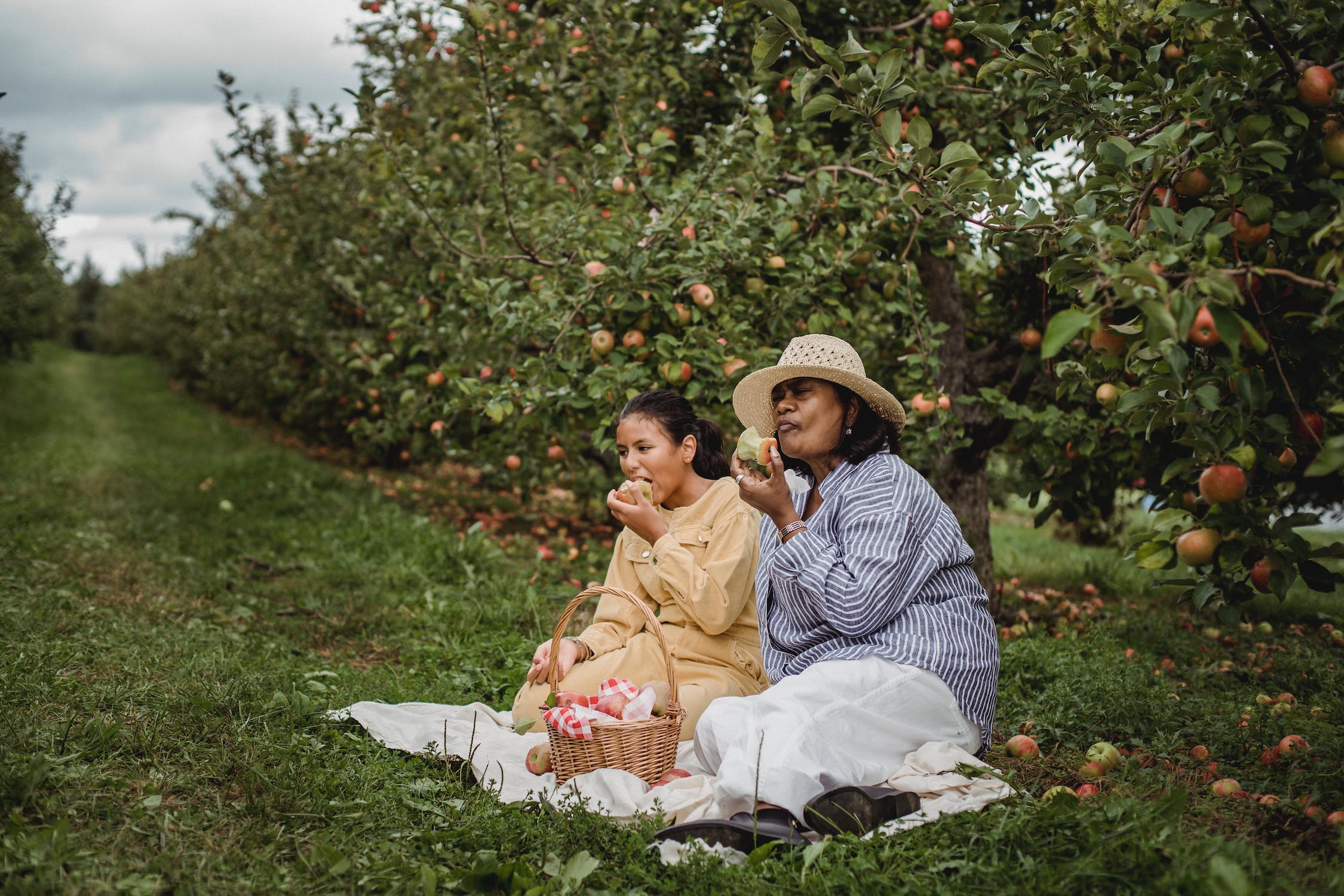Have you ever noticed that what you wear can affect your mood and behavior? You might feel more confident and assertive in a power suit, or more relaxed and carefree in a pair of comfortable jeans. But did you know that your food habits can also be related to your fashion choices? In this article, we will explore the psychology behind food habits and fashion choices.
Psychology of Fashion Choices
When it comes to the fascinating and intricate subject of clothing choice, psychology plays a vital part. According to studies, the clothes we are wearing might affect our emotions and conduct. For instance, research suggests that formal attire may encourage creativity and abstract thought.
Dressing up increases critical thinking, creative thinking, and problem-solving skills. Additionally, it increases self-confidence and helps people feel competent. In addition to changing the way we see the world, dressing formally also gives us a sense of strength and competence.
For instance wearing a powerful silhouette, such as a solid suit for a board meeting, is a smart choice, as is wearing red, which generates strong emotions and promotes energy. Similarly, wearing traditional tribal or cultural attire can express a sense of pride and belonging to that community.
Furthermore, clothing can influence how others see and interact with a person, making it a significant tool for building social connections and sending personal messages without the necessity for vocal communication.
This phenomenon is known as enclothed cognition where the symbolic significance of clothes affects our cognitive functions. Additionally, clothing can be used as a means of identity and self-expression, enabling people to share their values and worldview with others.
Food habits, in a similar vein, can be linked to fashion decisions. Food choices, like dress, can be used to show identity and social position.
Someone who is health-conscious, for example, may choose to wear sports gear like yoga pants to demonstrate their commitment to fitness. Someone who appreciates luxury and indulgence, on the other hand, may opt to wear designer apparel to demonstrate their riches and position.
Individuals that prioritise sustainability and ethical consumerism may, similarly, choose organic and locally sourced food options to demonstrate their dedication to environmental consciousness.
On the other hand, those who value convenience and a fast-paced lifestyle may incline towards quick and processed food options, reflecting their demand for efficiency in their daily routines.
Ultimately, in today’s society, both dietary and fashion choices can be potent forms of self-expression and social cueing.
The Relationship Between Food and Fashion
But how exactly are food habits related to fashion choices? One way to think about it is through the concept of “food tribes.” Food tribes are groups of people who share similar food preferences and habits.
For example, someone who follows a vegan diet might be part of the “vegan tribe,” while someone who enjoys fine dining might be part of the “foodie tribe.”
Food preferences can be used to indicate group identity and social standing, just like clothing. To show their dedication to the cause, a member of the vegan tribe can decide to wear apparel containing vegan messaging or artwork.
As an alternative, a member of the foodie tribe can decide to flaunt their passion for fine dining by donning apparel with food-themed patterns or slogans.
These clothing choices allow people to express themselves and connect with others who have similar interests in addition to being a means of self-expression. People can easily identify and connect with other tribe members by donning vegan or food-themed clothing, fostering a sense of community and belonging.
Additionally, by provoking discussions and enlightening others about the values and beliefs of each tribe, these fashion choices can also serve as conversation starters.
The Psychology of Food Habits
So why do we develop certain food habits in the first place? Several factors can influence our food choices, including cultural norms, social pressure, and personal preferences.
For example, someone who grows up in a culture that values meat and potatoes might be more likely to develop a taste for those foods. Similarly, someone who has friends who enjoy spicy foods might be more likely to try and enjoy those foods themselves.
In addition to these external factors, there are also internal factors that can influence our food habits. For example, our genetics can play a role in determining our taste preferences and food tolerances. Similarly, our mood and emotional state can influence what we choose to eat. For example, someone who is feeling sad might be more likely to reach for comfort foods like ice cream or mac and cheese.
Psychologist Ms.Shivangi Gupta explains that “when one is under stress, the body releases hormone cortisol, a stress hormone that in some people can boost appetite and desires for high-calorie foods. As a result, individuals frequently indulge in comfort food because it might offer quick solace. The underlying emotional problems are still unaddressed, though, and any comfort is fleeting”.
So, I bet you didn’t think displaying your cultural background and emotional state through your food preferences can also link to your fashion choices till now.



